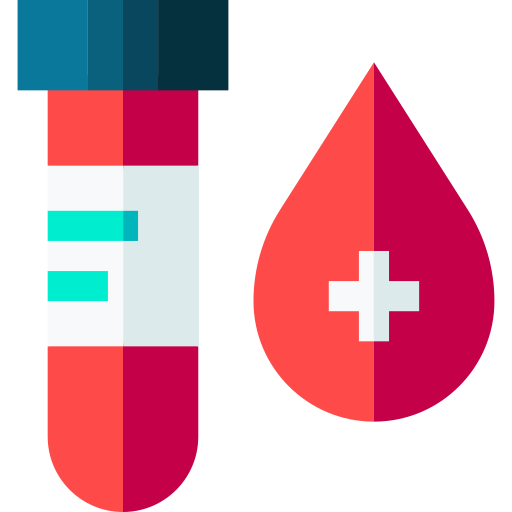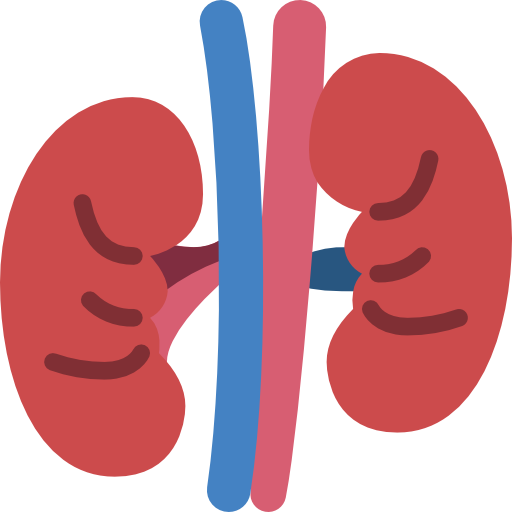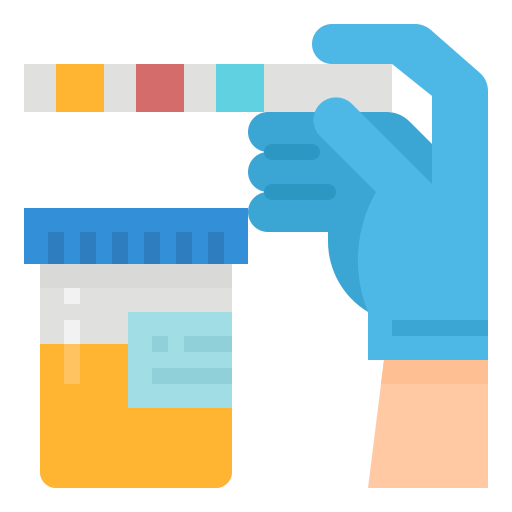Health Checkup Package Silver
67 tests
Just Rs.1999
Includes vitamin D, Vitamin B12, thyroid, liver, cholesterol and more
Blood Test List in Pune
Choose from our catalog of over 600 blood tests including blood sugar test, liver test, kidney test, vitamin tests and more.
Lab Timings and Location
Pathofast Lab is a reliable and safe choice for accurate blood test reports in Pune. The lab is located in Camp, and offers home visit for blood test in all parts of Pune.
| Day of Week | Lab Hours | Home Visit Hours |
|---|---|---|
| Monday - Saturday | 8.30 am to 6 pm | 7 am to 2 pm |
| Sunday | Closed | Closed |
Locations for home blood sample collection in Pune
Home sample collection is available in : Jangli Maharaj Nagar, Ravet, Viman Nagar, Shastrinagar, Yerawada, NIBM Undri Road, Kondhwa, Camp, Aundh, Baner, Dattwadi, Undri, Pimpri-Chinchwad, Kalyani Nagar, Koregaon Park, Sadashiv Peth
Lab Test In Pune / Blood Test Near Me
A lab test or diagnostic test is an investigation done to find out more about your health. The tests help to know what is the cause of your illness or symptoms and your doctor will usually advice a series of tests to know more about your condition. Finding a lab near you for your tests is easy with Pathofast. You can get Blood test in Pune with Pathofast at affordable prices.
What are lab tests?
Lab tests usually involve tests on blood, urine, stools or other body fluids. During a lab test the lab technicians will collect your sample and will analyze it in the lab. Your doctor will then review your reports, to check if the values fall within the expected normal range. Any change in lab test values can indicate the cause of your disease or illness. Common lab tests are CBC/Hemogram test, Urine test, Cholesterol tests, liver test, kidney test and more. You can book a Lab Test in Pune with Pathofast at reasonable prices.
Top Reasons why doctors may suggest lab test in Pune
- Check condition of your glands and organs by thyroid, cholesterol, liver and kidney tests.
- Diagnose metabolic diseases like diabetes, blood pressure, gout, cancer or even confirm heart attacks.
- Monitor your treatment by keeping track of vital levels like creatinine and electrolytes
Preventive Health Checkup Tests in Pune
One of the main reasons for getting lab tests in healthy people in Pune, is for preventive health. This means screening for diseases before they occur by means of blood tests. Full Body Health Checkups are vital in this regard and include several lab tests clubbed together.
At Pathofast, we are a trustworthy lab in Pune, we are the one you can rely on for a high-quality blood test experience. We offer over 600 preventive to prescription-based blood tests to help both medical and preventive health checkups. You can find your lab test in our test catalog by using the search box above. Pathofast offers home sample collection for almost all blood tests, be it in any area of Pune.
How do Blood Tests Help | Why do blood tests
Blood tests help to know whether a set of symptoms can be ascribed to a known disease. By comparing values with normal ranges, we can tell whether a person already has or is at risk of a disease
Blood Tests Can Serve The Following Purposes:
- Check general health
- Determine if you have an infection
- Check whether your body organs are working normally
- Screening for metabolic and genetic disorders
- Blood thinner medication impact
- Check for STD's like HIV, Hepatitis, Herpes and Syphilis
Diagnostic Tests - Why they are important
Diagnostic tests are blood tests or urine tests that help doctors to find the most probable cause of your illness.
A diagnostic test is important because it helps your doctor to start targeted treatment for your disease.
Top uses of diagnostic tests are :
- Early Diagnosis and Detection : Tests are the main way by which doctors can find out what is happening to you. Lab tests like a CBC test will help to know if you have infection or allergy
- Monitoring : Lab tests will help to monitor your treatment and disease process
- Screening Tests : Tests like HIV, Hepatitis B, STD Tests can help to screen large numbers of people for these infections
Being your trusted diagnostic partner, Pathofast provides multiple diagnostic tests in Pune in one single blood sample. Check out our Full Body Checkup, STD Tests, Pregnancy Tests and more.
Most popular blood tests in Pune
The following is a list of most common and popular lab tests in Pune as performed at Pathofast.
- Fasting Sugar & HBA1C Test : For diabetes
- Cholesterol Test : 5 types of cholesterol
- Liver Function Test : 9 important liver tests including SGOT, SGPT, Bilirubin, Proteins, GGT and Alkaline Phosphatase
- Kidney Test & Electrolytes : 7 tests include urea, creatinine, sodium, potassium and chloride levels
- CBC & Urine Test : 44 important tests like Hemoglobin, total white cell count, platelet count, urine pus cells, red blood cells, urine sugar
- HIV & Hepatitis B Test : 2 important STD Tests
- Vitamin D3 & Vitamin B12 Test : 2 important vitamin tests
- Calcium Test : Important for healthy bones
- Blood Group Test : included for information
- Uric Acid & ESR Test : for inflammation checkup
How to prepare for a blood test in Pune?
Preparing for a blood test in Pune is easy, but depends on whcih test you need to do. Some tests need you to be fasting - for eg : fasting sugar test, lipid profile or even glucose tolerance tests.
Other tests like Semen test have specific instructions to be followed for 2-3 days before providing the sample.
Refer to the specific test page on our website for detailed instructions.
Some general rules before getting a blood test in Pune include :
- Get a good night's sleep
- Fast for 8-12 hours as required by the test
- Take your medications as usual
- Inform the lab about any allergies to cleaning solutions or reactions that you may have.
Tips to Choose Lab for Blood Test in Pune
Choosing the right lab for your diagnostic tests in Pune, is crucial as accurate reports are vital for your further health and diagnosis.
Consider these tips before choosing a lab
- Choose a lab near you in Pune : Choose a nearby lab so that sample transport and time are minimal
- Choose a lab with good reviews on Google
- Make sure that the lab is run by a full time pathologist and is following proper hygiene and safety precautions.
At Pathofast, we ensure the best services for lab tests in Pune. So, with no further delays, book your Blood Test in Pune with Pathofast today.
Whether you are looking for a lab test near you for blood tests or other laboratory tests inPune, we are the reliable pathology lab for any lab tests.
Book Your Lab Test In Pune With Pathofast for reliable, accurate and fast reports






































